Oceans
-
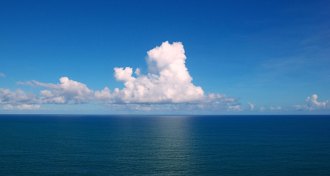 Earth
Earth‘Waterworld’ Earth preceded late rise of continents, scientist proposes
Cooling mantle temperatures may have lifted Earth’s continents above sea level, helping spur the Cambrian explosion.
-
 Oceans
OceansReaders contemplate corals and more
Coral engineering, ancient almanacs and more in reader feedback.
-
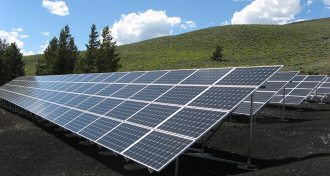 Climate
ClimateSolar panels are poised to be truly green
Solar panels are about to break even on their energy usage and greenhouse gas emissions.
-
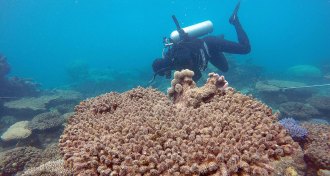 Oceans
OceansCoral die-off in Great Barrier Reef reaches record levels
Bleaching has killed more than two-thirds of corals in some parts of the Great Barrier Reef, scientists have confirmed.
-
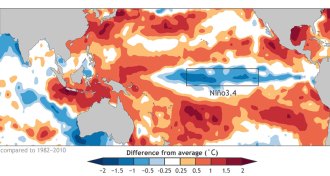 Climate
ClimateSay hola to La Niña
La Niña, El Niño’s meteorological sister, has officially taken over and could alter weather patterns throughout the world this winter.
-
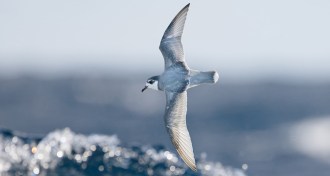 Environment
EnvironmentOcean plastic emits chemical that may trick seabirds into eating trash
Some seabirds might be eating plastic because it emits a chemical that smells like food.
-
 Environment
EnvironmentOcean plastic emits chemical that tricks seabirds into eating trash
Some seabirds might be eating plastic because it emits a chemical that smells like food.
-
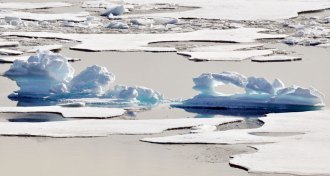 Climate
ClimateHuman CO2 emissions put Arctic on track to be ice-free by 2050
Sea ice is shrinking by about three square meters for each metric ton of carbon dioxide emitted, new research suggests.
-
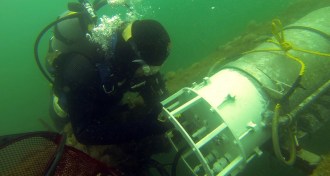
-
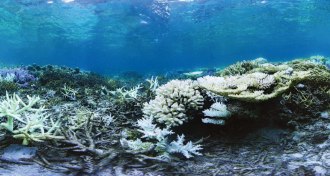 Oceans
OceansReef rehab could help threatened corals make a comeback
Reefs are under threat from rising ocean temperatures. Directed spawning, microfragmenting and selective breeding may help.
-
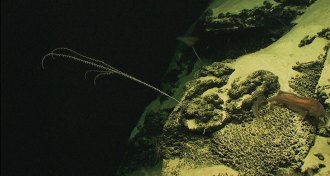 Life
LifeOcean archaea more vulnerable to deep-sea viruses than bacteria
Deep-sea viruses kill archaea disproportionately more often than bacteria, a killing spree with important impacts on the global carbon cycle.
-
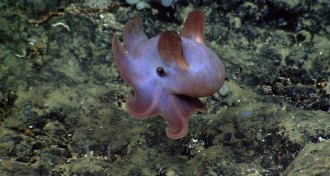 Oceans
OceansAtlantic monument is home to unique and varied creatures
A region of ocean off the coast of Cape Cod has become the first U.S. marine national monument in the Atlantic Ocean.